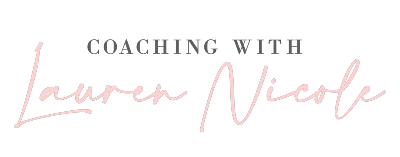Blogs

What Are Cognitive Distortions?
Cognitive distortions are patterns of biased or irrational thinking that can lead to negative emotions, behaviors, and outcomes. They can cause people to perceive themselves, others and the world in a negative or distorted way.
These distortions involve automatic thoughts and beliefs that are not necessarily based on reality or evidence. Common cognitive distortions include:
All-or-nothing thinking: Seeing things in black and white terms and ignoring shades of gray. For example, “If I’m not perfect, I’m a failure.”
Overgeneralization: Making broad conclusions based on limited evidence. For example, “I always mess things up.”
Mental filtering: Focusing exclusively or dwelling on negative aspects of a situation and ignoring the positive. For example, “Even though I lost 10lbs, I still made a couple of mistakes.”
Discounting the positives- You insist that your accomplishments or positive qualities don’t count.
Jumping to conclusions: Making assumptions without evidence. For example, “She didn’t smile at me, so she must be mad at me.”
Emotional reasoning: Believing that your emotions reflect reality, even when they do not. For example, “I feel like a failure, so I must be one.”
Catastrophizing: Imagining the worst possible outcome in a situation. For example, “If I don’t get this promotion, my career is over.”
Personalization and blame: Assuming that everything is about you, even when it is not. For example, “He didn’t return my call, so he must not like me.”
Fortune telling- You arbitrarily predict things will turn out badly.
Mind reading– You regard the others’ response as negative to you but there is no exact evidence
These are just a few examples of cognitive distortions, and there are many more. Cognitive-behavioral therapy (CBT) is a type of therapy that helps people identify and challenge these distortions, replacing them with more accurate and balanced thoughts.

